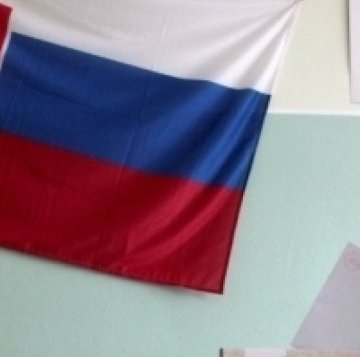- About
- Topics
- Picks
- Audio
- Story
- In-Depth
- Opinion
- News
- Donate
- Signup for our newsletterOur Editors' Best Picks.Send
Read, Debate: Engage.
| topic: | Election |
|---|---|
| located: | Slovakia |
| editor: | Magdalena Rojo |
The campaign for the upcoming parliamentary elections in Slovakia revolved around various topics. The ones that resonated the most were the fight against corruption, the end of the leading party SMER Social Democracy that has been in power altogether for 12 years, the state of health care and education systems, and finding an answer to extremism.
However, this time, in an extent like never before, various candidates from different parties made climate crisis and the environment their main theme for these elections.
Air pollution is the number one killer out of all environmental risks in Slovakia. Recent disclosures point at carcinogenic substances found in sources of potable water around the capital of Bratislava. Slovak forests have gone through massive deforestation due to logging and the building of infrastructure. The dependency on coal mining in certain regions. These are only some of the environmental issues that the country is facing.
While Slovakia does not necessarily have a political party that would profile itself as "green", some new political parties and some of those currently in the parliamentary opposition made sure their programmes for the elections contained solutions for the current state of the environment and climate change. It also helped that activists and experts from the grassroots movement that have been active in protecting the environment decided to enter politics. And they have been insisting in keeping the debate centered around the climate crisis throughout the campaign.
It was also possible due to non-governmental organisations and the media. Various initiatives prepared questionnaires and evaluations of programmes of political parties. Both media and NGOs kept on asking for solutions in many different ways.
For example, the initiative of Concerned Mothers baked burnt ginger breads, a symbol of Christmas and of the burnt future of their children at the same time. They brought them to offices of various political parties along with their demands to put emphasis on environmental issues. Mothers together with their children were asking politicians to declare that they would make sure to find solutions to current challenges and later on published a video with reactions of all politicians.
Various media houses also organised debates with a focus on climate change and the environment and politicians along with experts from different fields got the chance to discuss what solutions can Slovakia contribute to halt the climate crisis. A lot has been said about climate justice and how the solutions should not have a negative impact on the lower socio-economic groups. On the other hand, some political parties still put priority on economic growth rather than focusing on solutions for the climate crisis. The question if both at the same time are possible remains unanswered.
Slovak president, Zuzana Caputova, elected last year already set the environment as a topic when running for office and continues doing so as a president. In the EU parliamentary elections last year, Slovaks elected various experts on the environment. These days, more and more people are sharing their voting preferences with a new hashtag: #IVoteForClimate.
The younger generations in particular already know that four years on – when the following elections will take place – will already be too late to come up with solutions for our planet. While extremists are on the rise and will most likely secure their place in parliament, this time around, hopes are high that there will be a strong environmental wing of experts from various parties. The elections this Saturday will show whose voices are louder.
